Palestine (Jenin)
Many students ponder what they will do after university, but fewer find that passion and follow it to the point of expertise. Basel Amarna is the exception.
A second-year agronomy student at Palestine Technical University – Kadoorie, Basel Amarna was searching for a direction for his career. Browsing academic publication site, ResearchGate, he stumbled across hydroponics. It was a new agricultural technique to him – and, at the time, to Palestine.
“People need food. We have to start growing our own food in our gardens, inside the house, on a rooftop, anywhere.” – Basel Amarna
“It was very interesting to me, so I did lots of research, read journals, watched videos and collected information,” Basel says of the period after his discovery. He built prototypes, failed and rebuilt. After years of experimentation and studying, Basel has established himself as one of the forefront Palestinian experts working on hydroponics, having published an academic paper about the technique and soilless culture.
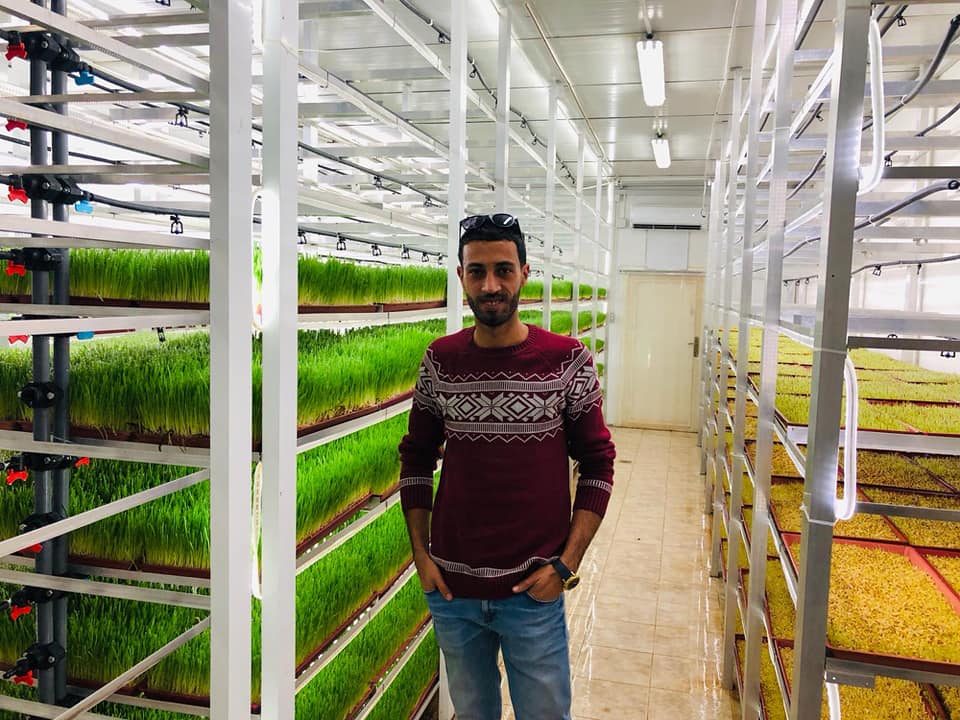
As with any expert pioneering a field of study, Basel’s business journey was wrought with challenges. Palestinian farmers were skeptical of the agricultural alternative, and investors even more so. Explaining the theory of hydroponics to farmers was not working, and so when Basel graduated in 2015, he opened his own farm in order to lead by example. Today it is registered as a private limited company sharing solutions worldwide.
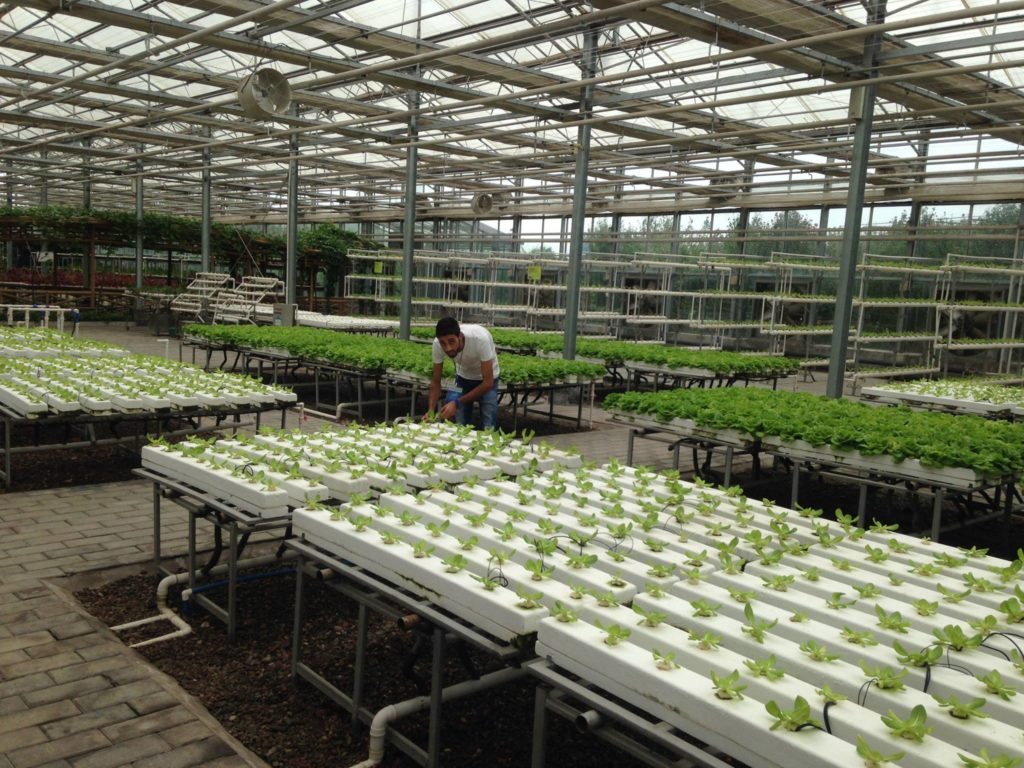
“I created this project because of the lack of water resources and agricultural obstacles affecting the whole world,” Basel tells us. “We can create a more sustainable environment by sharing new sustainable agricultural practices as an integrated solution.”
He started by inviting farmers to visit his operations. “I also held workshops in cooperation with local communities and organisations. I promoted hydroponics through my Facebook page and sponsored ads, and by appearing on television and radio shows – anything I could do,” he says.
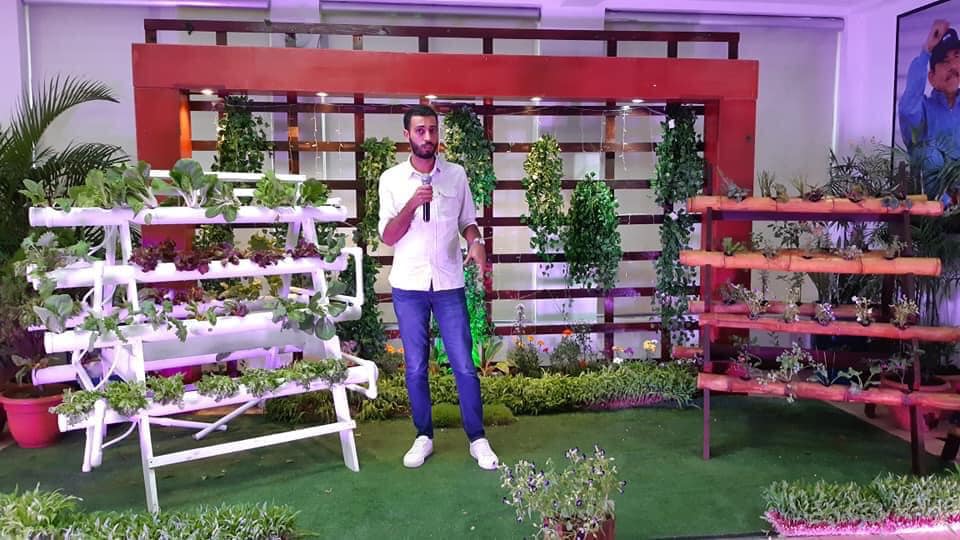
The challenge of convincing farmers to adopt a new method was compounded by another: the inability to afford or create the nutrient solution used in hydroponics systems worldwide. This mineral solution is an essential part of hydroponics, infusing the water with the nutrients plants need to stay healthy. Israel restricts access to the raw materials used to create the solution – chemicals such as potassium, ammonium, and calcium nitrates – so Basel set out to create his own nutrient solution.
Working in tandem with his agronomy studies, Basel took six years to mix, measure and experiment, eventually creating a nutrient solution with the efficacy of that used abroad – only for less money and using commonly available alternatives.

The creation of this nutrient solution was important not only for his own operation but for progressing the culture of hydroponics in Palestine. “To promote hydroponics, I have to provide farmers with everything related to that technique,” says Basel. “It was my responsibility to the community, to offer them a full solution.”
Basel uses this nutrient solution in his farm today. H2O Farm is a 340 sq metre operation, which produces 8,000 plants monthly. For comparison, an operation of that size using conventional watering methods would yield between just 500 and 1,000 plants in the same time period.
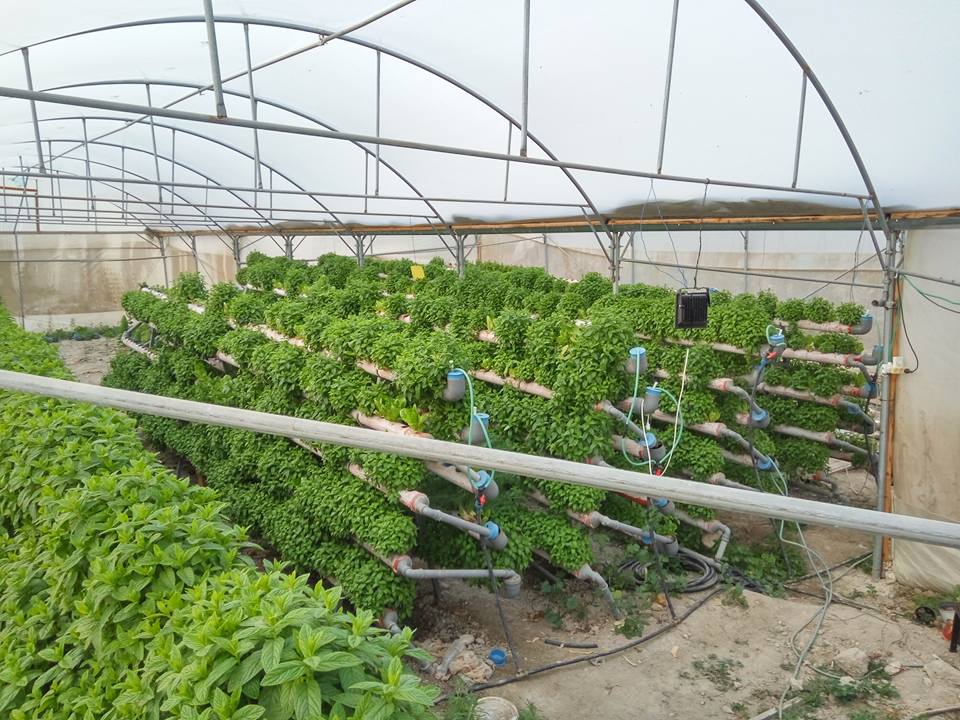
Creating agricultural resilience in the West Bank is important to Basel. “We are losing our soil fertility, and have no access to our water resources as an occupied people,” explains Basel. “We have to think about an integrated, sustainable solution. I think this can be hydroponics because it uses less than 80% of the water of traditional agriculture.”
Not only that, but hydroponics systems do not even need soil to function. Once built, they can be installed on school rooftops, rocky outcrops and anywhere with a flat surface. Basel has even created a hydroponics farm on a chemical factory rooftop in Jerusalem.
In the name of experimentation, H2O Farm is testing various styles of hydroponics systems. The Nutrient Film Technique is a submersible water pump that moves water through a series of stacked pipes. Planted directly in the pipes, seedlings slurp up the water solution before the water is drained and cycled back into the pumping tank. When vegetables, fruits, and herbs are in full sprout, a functioning NFT system looks as though you are walking through a corridor of green walls.

Then there is the Dutch Bucket System, where water is distributed into buckets using an irrigation line, and drained into a main tank. Basel is even experimenting with non-cyclical hydroponics systems to see what works. Ultimately, he hopes to develop a new hydroponics technique that integrates the best features of each system.
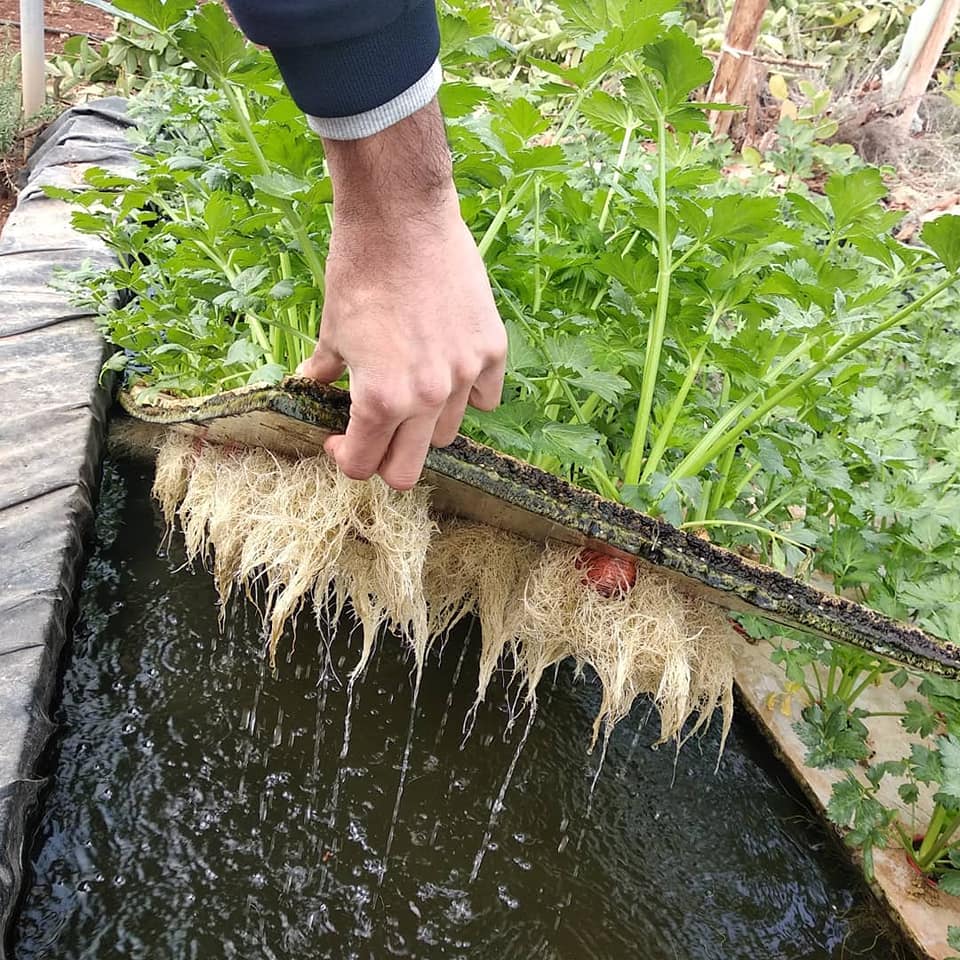
Basel is also looking for investment to help him grow the size of H2O Farm to 1,000 square metres. “A difficulty with hydroponics is that the initial cost is very high,” says Basel, who received a grant from The Palestinian Agricultural Relief Community to first start his operations.
“The expected production capacity is at least 22,000 plants per month. For sustainability and integrity, the farm will be run with solar electricity, with a wastewater treatment plant and composter, as well as a nursery and new laboratory.”
While establishing other hydroponics companies could be seen as creating competition, Basel views Palestine’s growing hydroponics scene as a success, not a threat. In addition to selling his crops, he relies on various consultancy and training activities as a way to raise awareness and funds for H2O Farm.
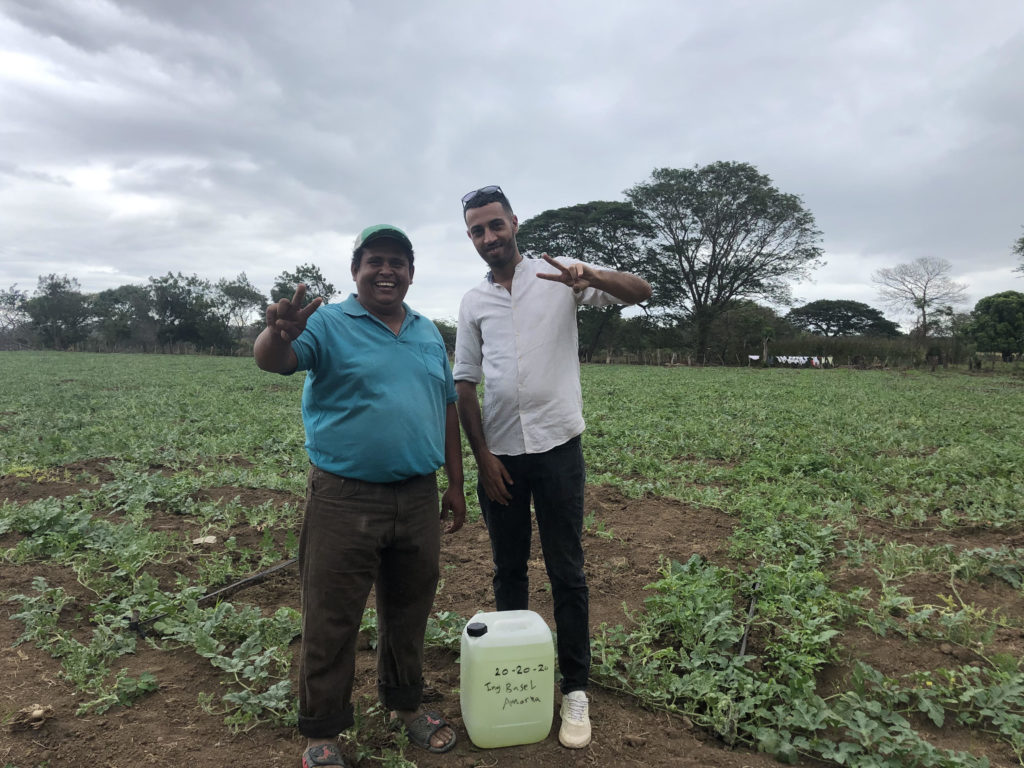
Since 2015, Basel has helped establish more than ten farms across the West Bank, including a large operation that produces cut flowers. Basel’s Made-in-Palestine nutrient solution is just one part of his offering. H2O Farm also provides the instruments, raw materials, seedlings, design work, and expertise needed to establish a hydroponics farm.

Basel is also offering others the expertise they need. Working with his former university and other institutions, he has created a training programme to share his hydroponics experience and help create jobs. Offering training for students aged 12 to 25, Basel is ensuring other young Palestinians discover hydroponics, just as he did during his studies. “Children at that age can be easily convinced to use more sustainable solutions, and think about the environment,” says Basel for the reasoning behind the school workshops.
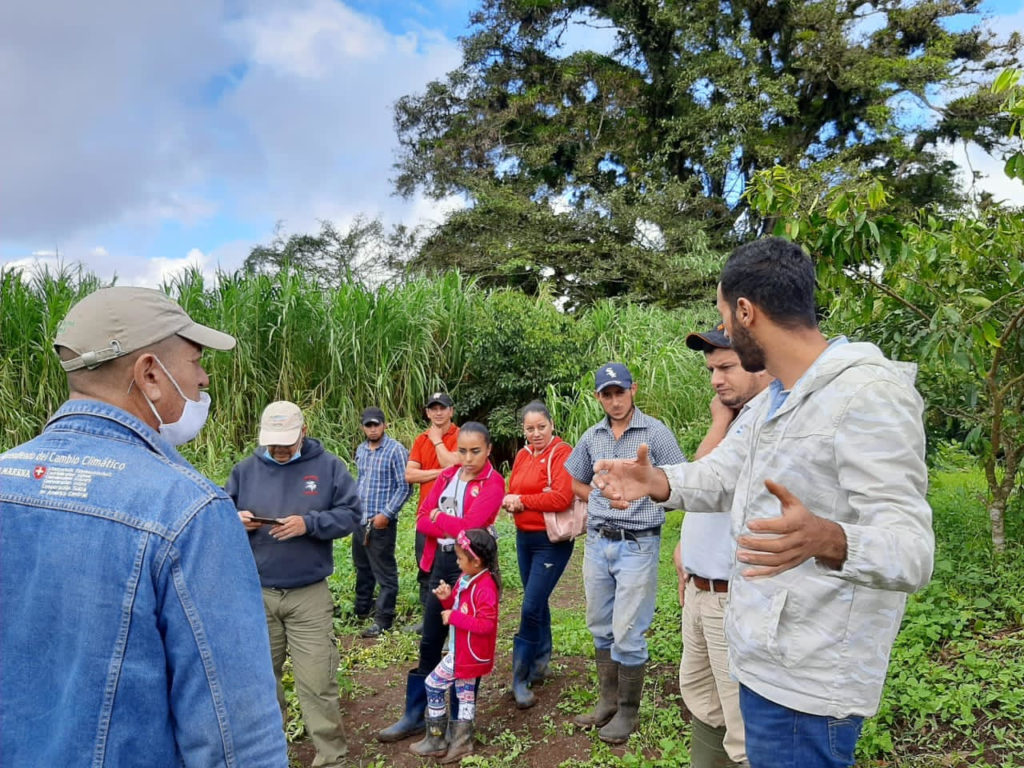
Next, Basel is developing new environment-friendly fertilisers and seeking to build more farms in Latin and Central America, using the best agricultural practices. “We are expanding our investments and sharing our experiences around the world, especially in Nicaragua, where we have built a big commercial farm, producing vegetables using our sustainable techniques to reduce the heavy use of chemicals, pesticides and insecticides.”
He adds that the pandemic has taught mankind a great lesson: “We have to start growing our own food in our gardens, inside the house, on a rooftop, anywhere. We can’t ignore that people need food, so we need to focus more on investing in sustainable methods.”
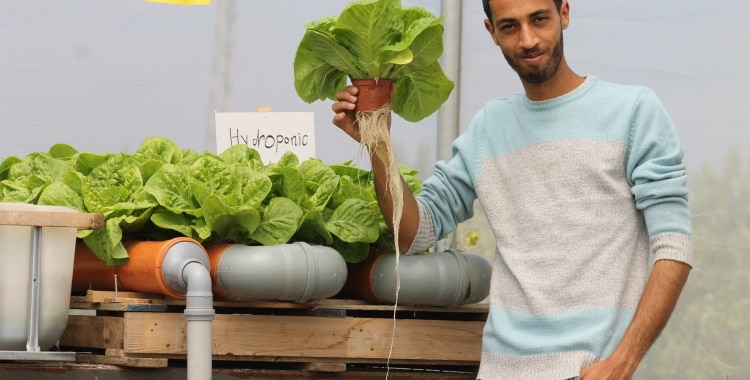
With awareness-raising activities and a successful business example to scale, Basel’s may be the first commercial hydroponics operation in Palestine, but it is certainly not the last.
“Every person on the planet can start their own farm even if you think you don’t have the space. Indoor farming can be anywhere – even in your kitchen if you don’t have a space!”
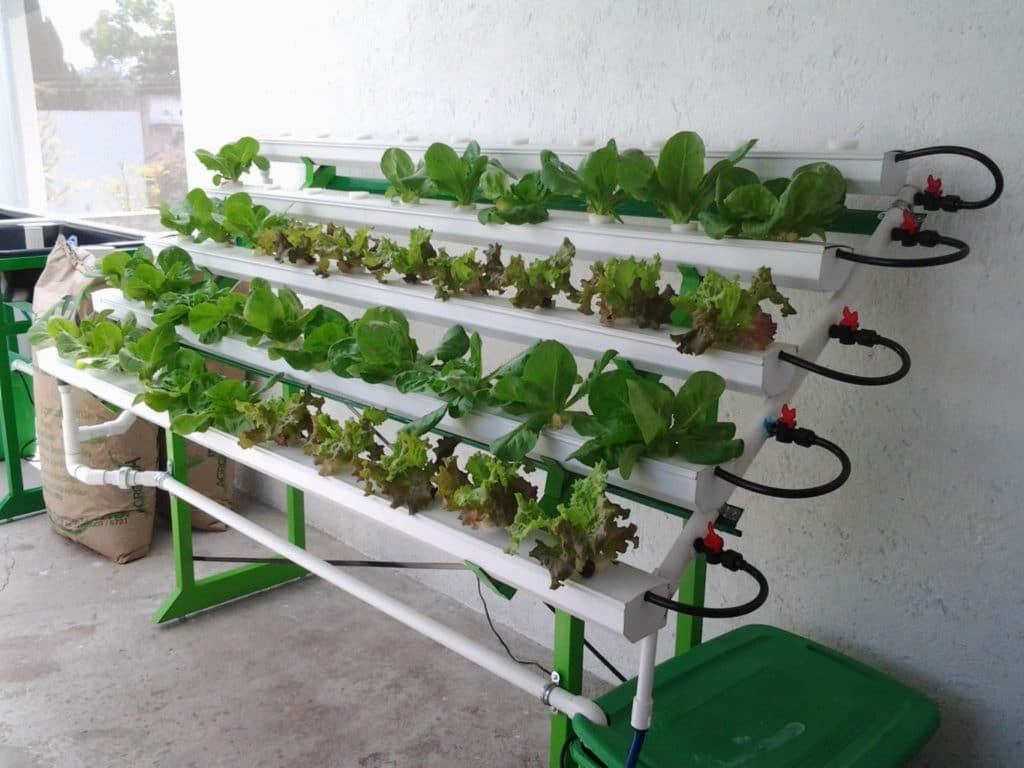
AtlasAction: Find out more about H2O Farm by visiting their Facebook page. “By contacting us directly, you can help us share our experiences with the world.”
Bio
Hilary is a journalist, photographer and maker of things. She loves working with entrepreneurs to share their stories and has done so around the world.
Project leader
Basel Amarna, Founder, H2O Farm
Partners
This project has been selected as part of MedFutures, a new content channel that maps the most innovative and inspiring solutions to the water and climate crisis in the Mediterranean and the people behind them. Atlas of the Future is excited to join forces with Aigües de Barcelona.
Support the Atlas
We want the Atlas of the Future media platform and our event to be available to everybody, everywhere for free – always. Fancy helping us spread stories of hope and optimism to create a better tomorrow? For those able, we'd be grateful for any donation.
- Please support the Atlas here
- Thank you!
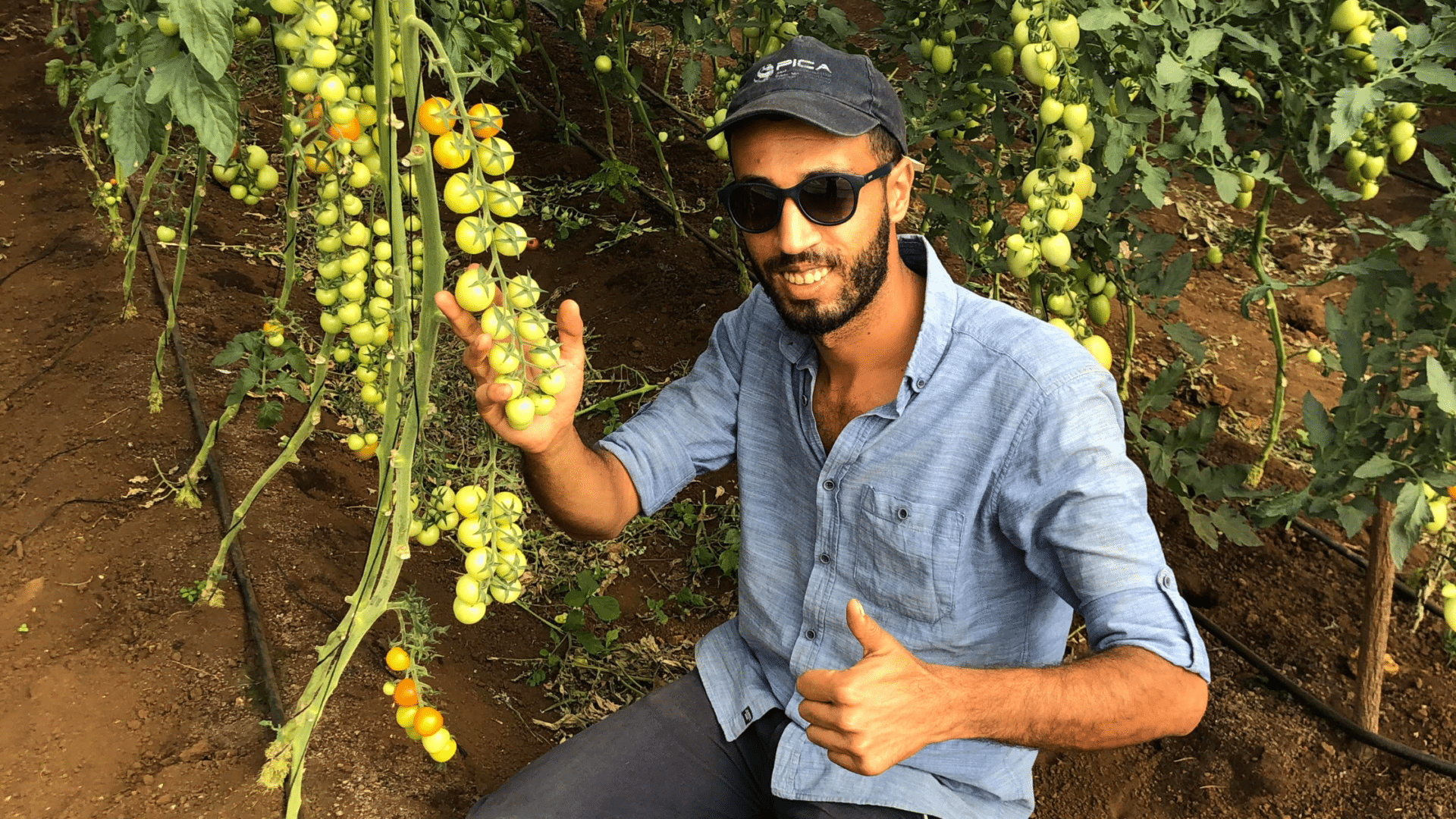
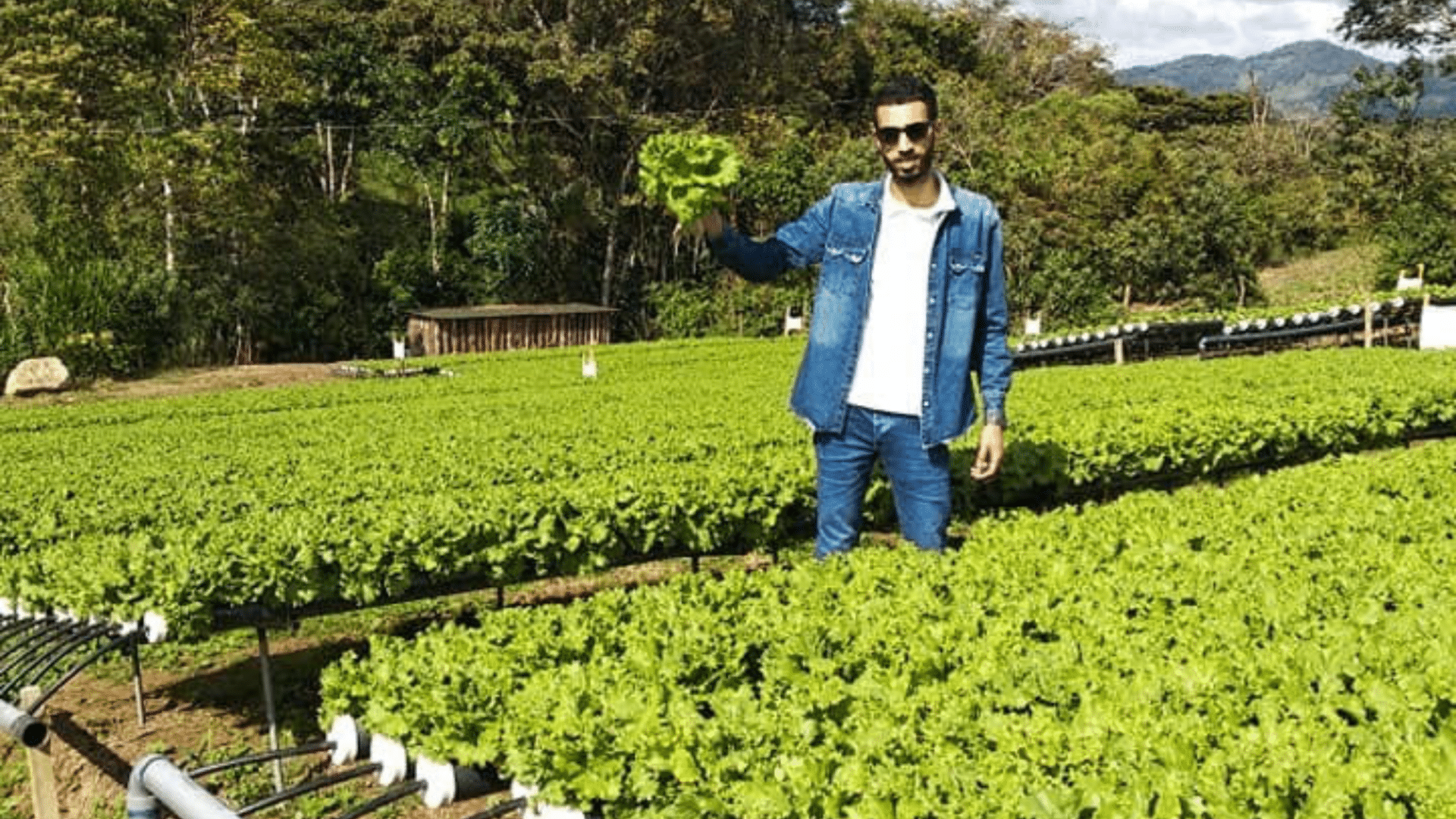

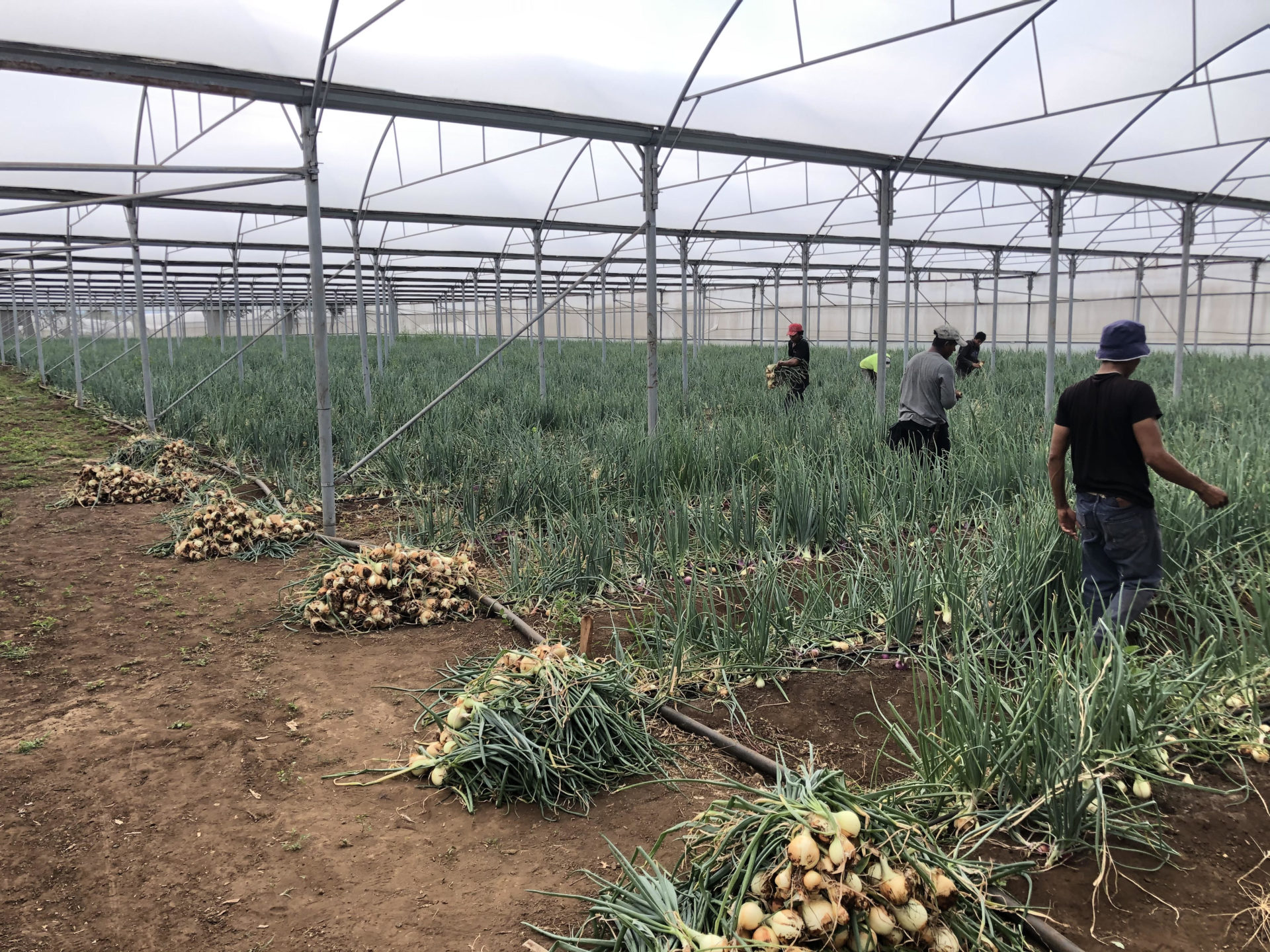
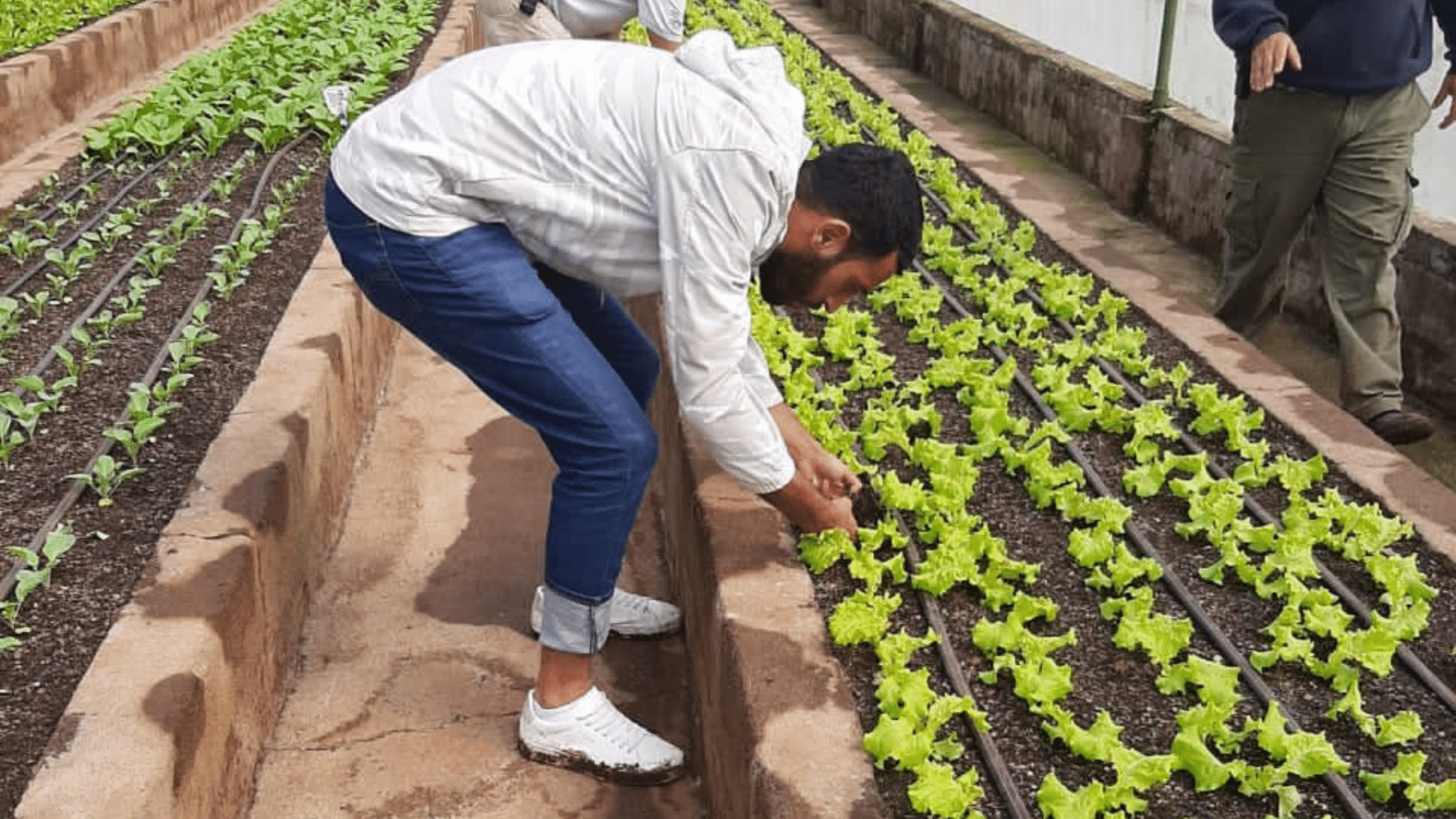

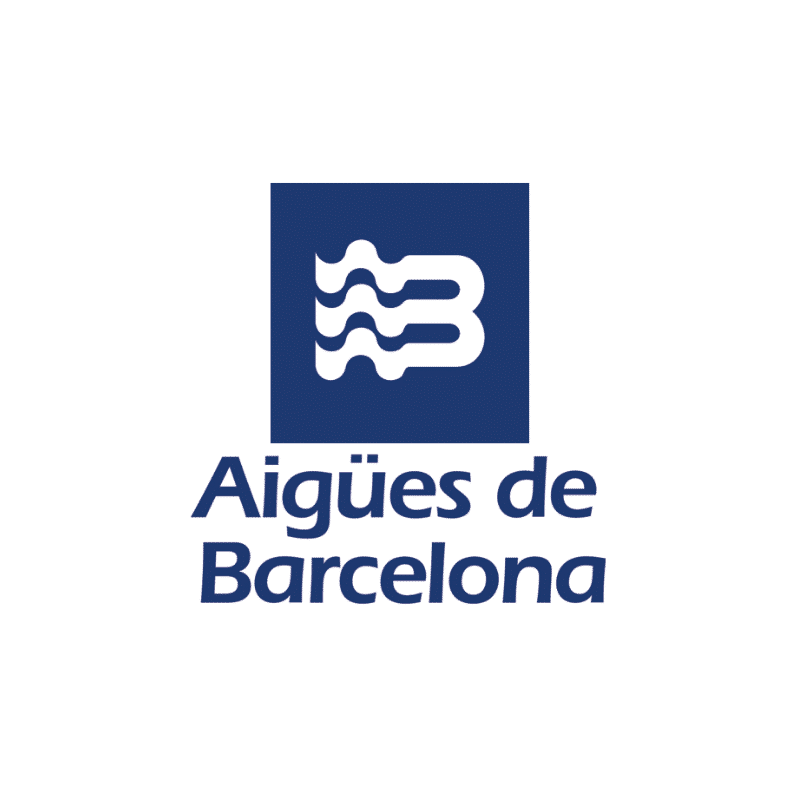
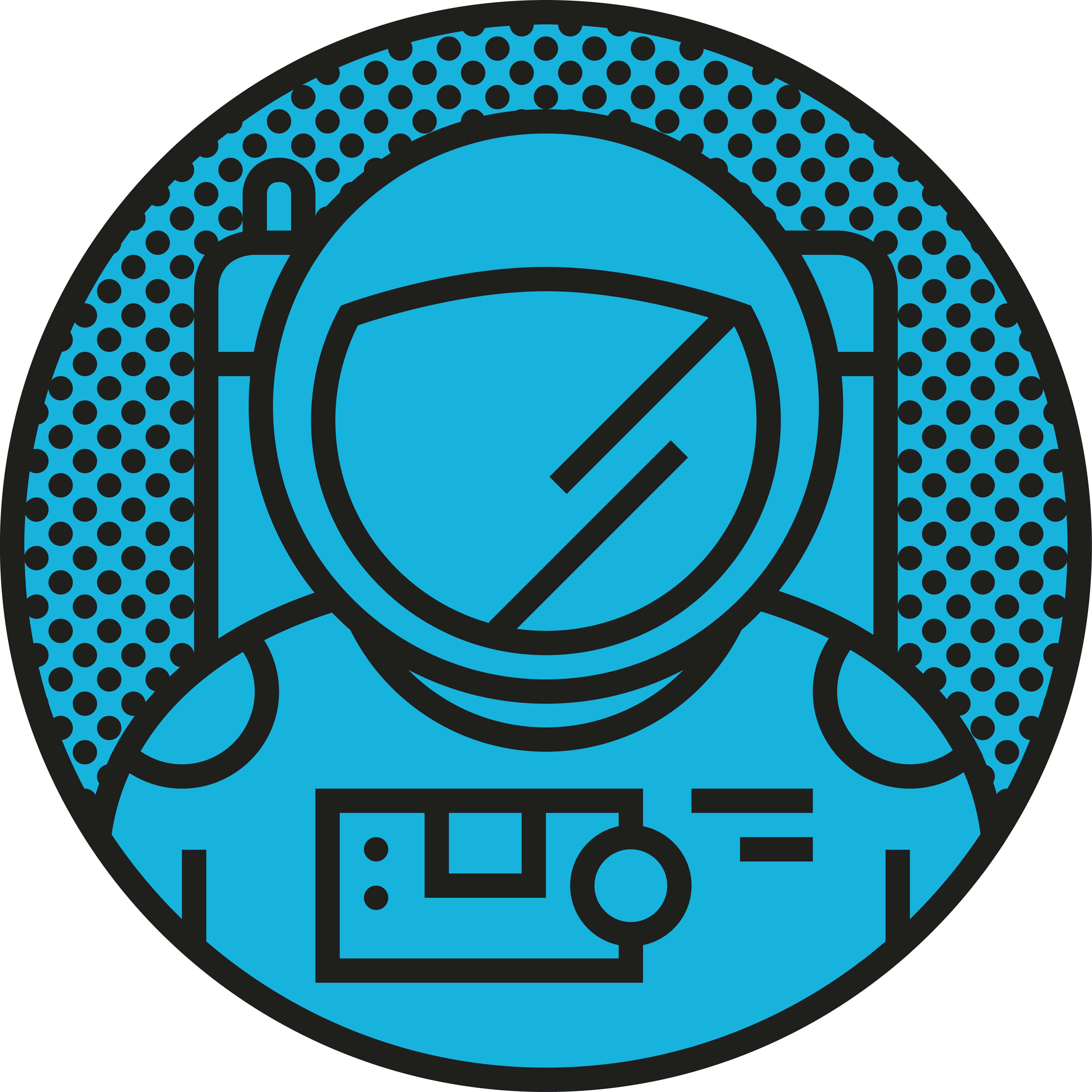


Congrats Basel. You have truly put the knowledge we acquired during our trip to Yangling China on a month Seminar on Dry Land Farming. The passion, zeal and intellectual sagacity exhibited by the young graduate from Palestine has finally manifested in H2O Farms.
Congrats Basel, Continue to Soar in your Passion and Work.